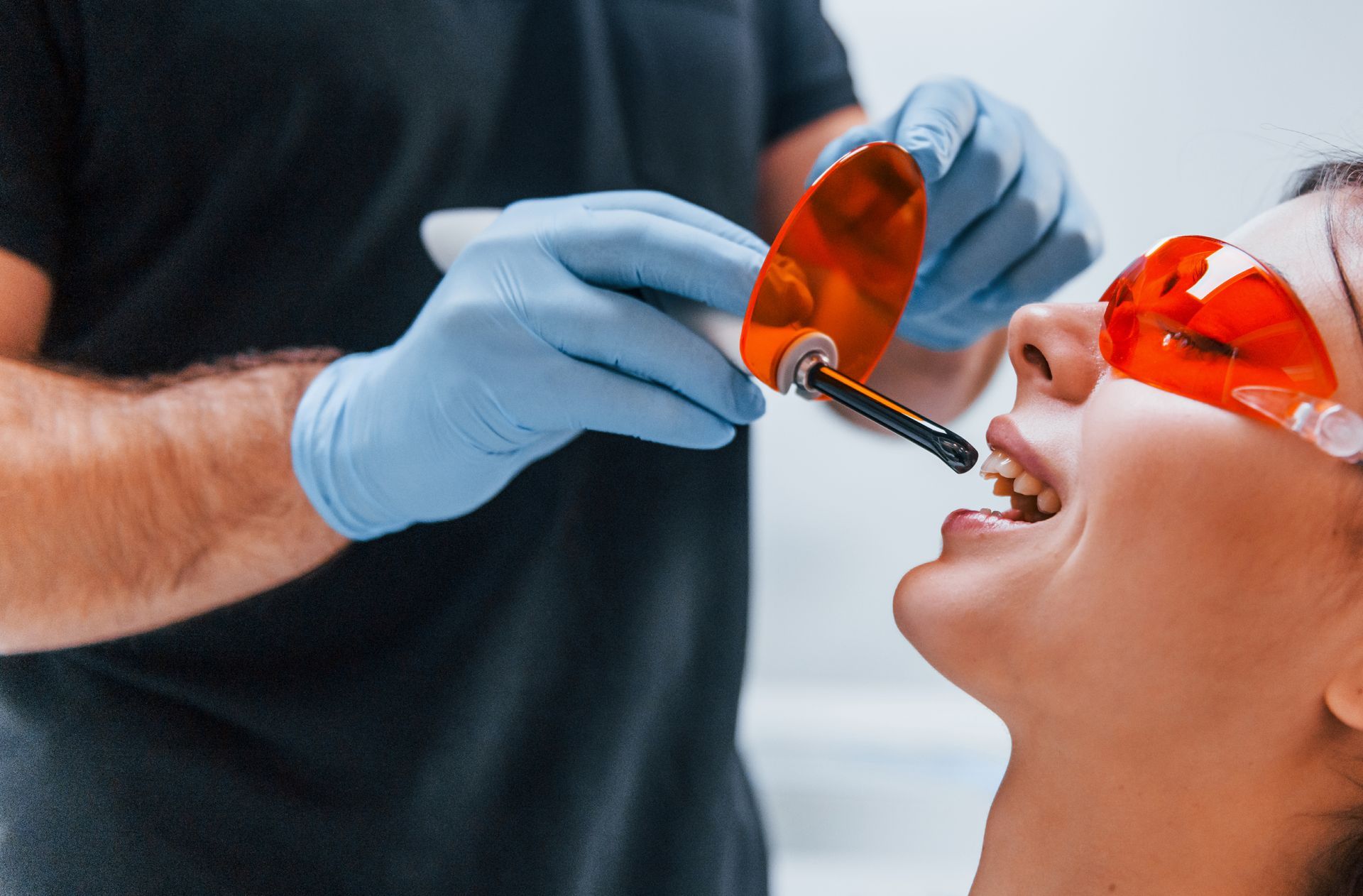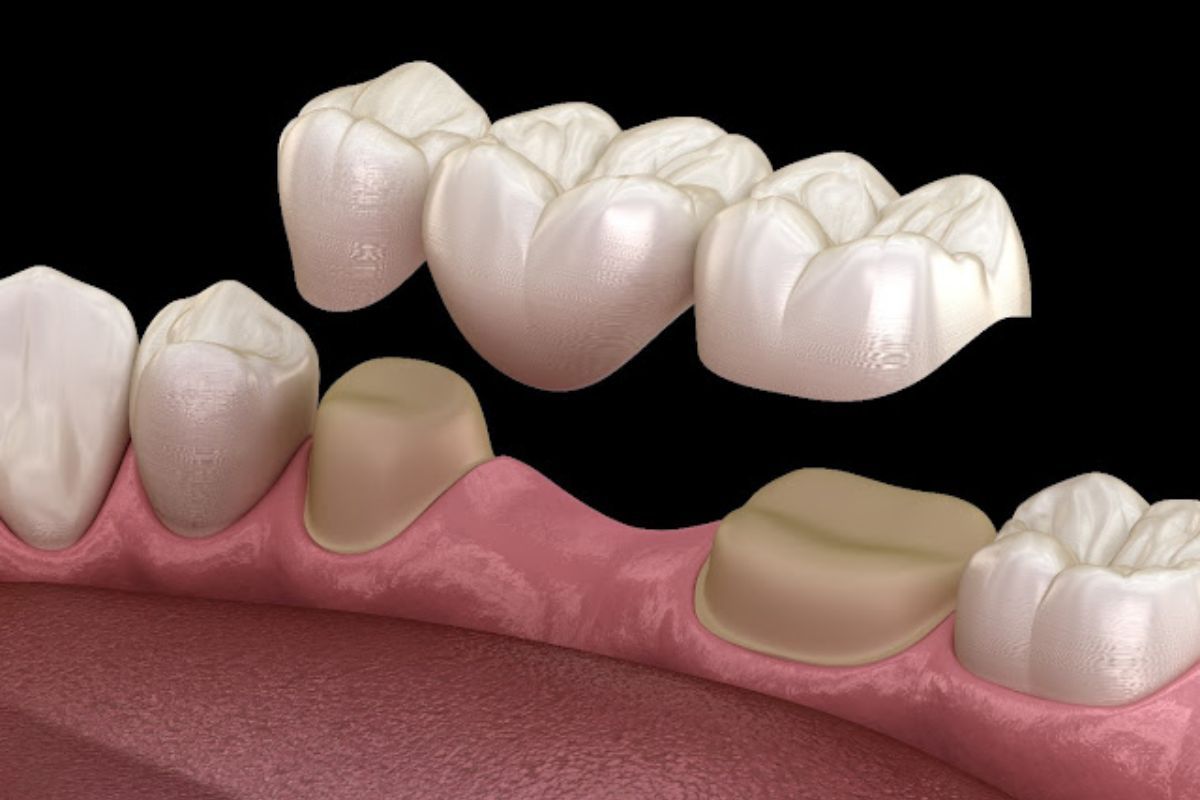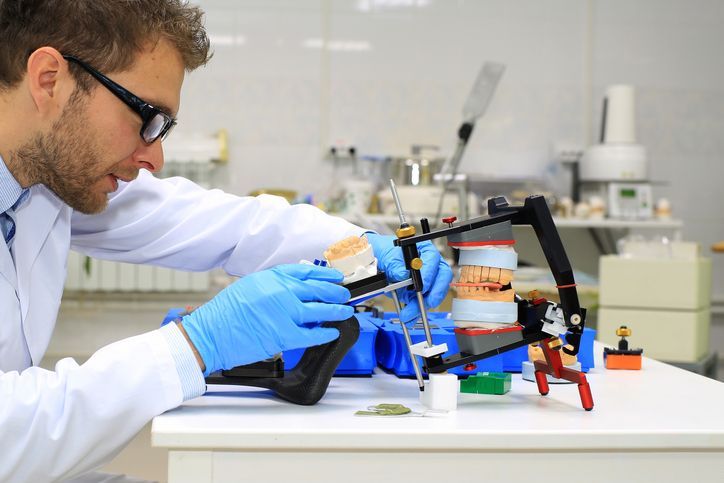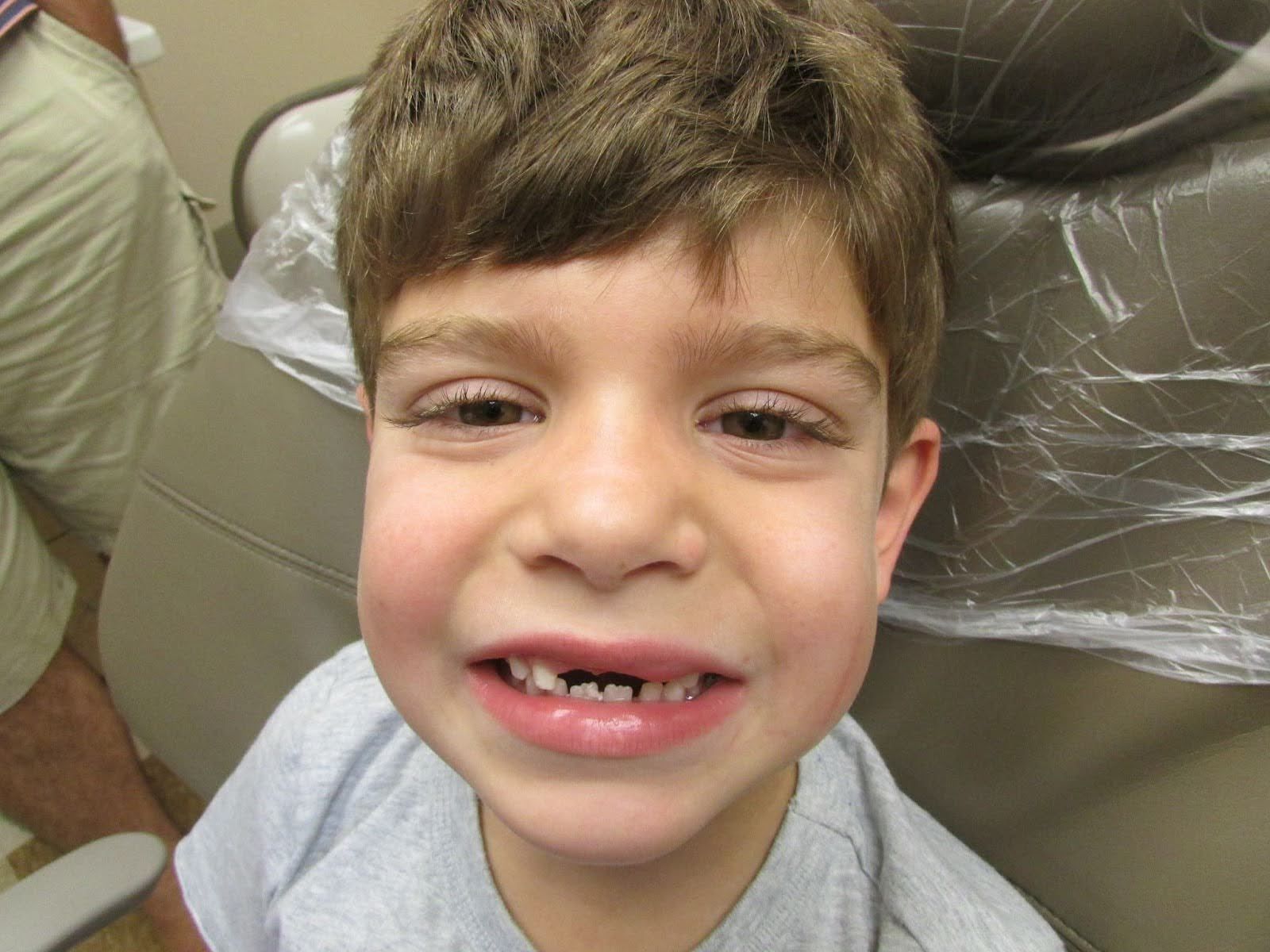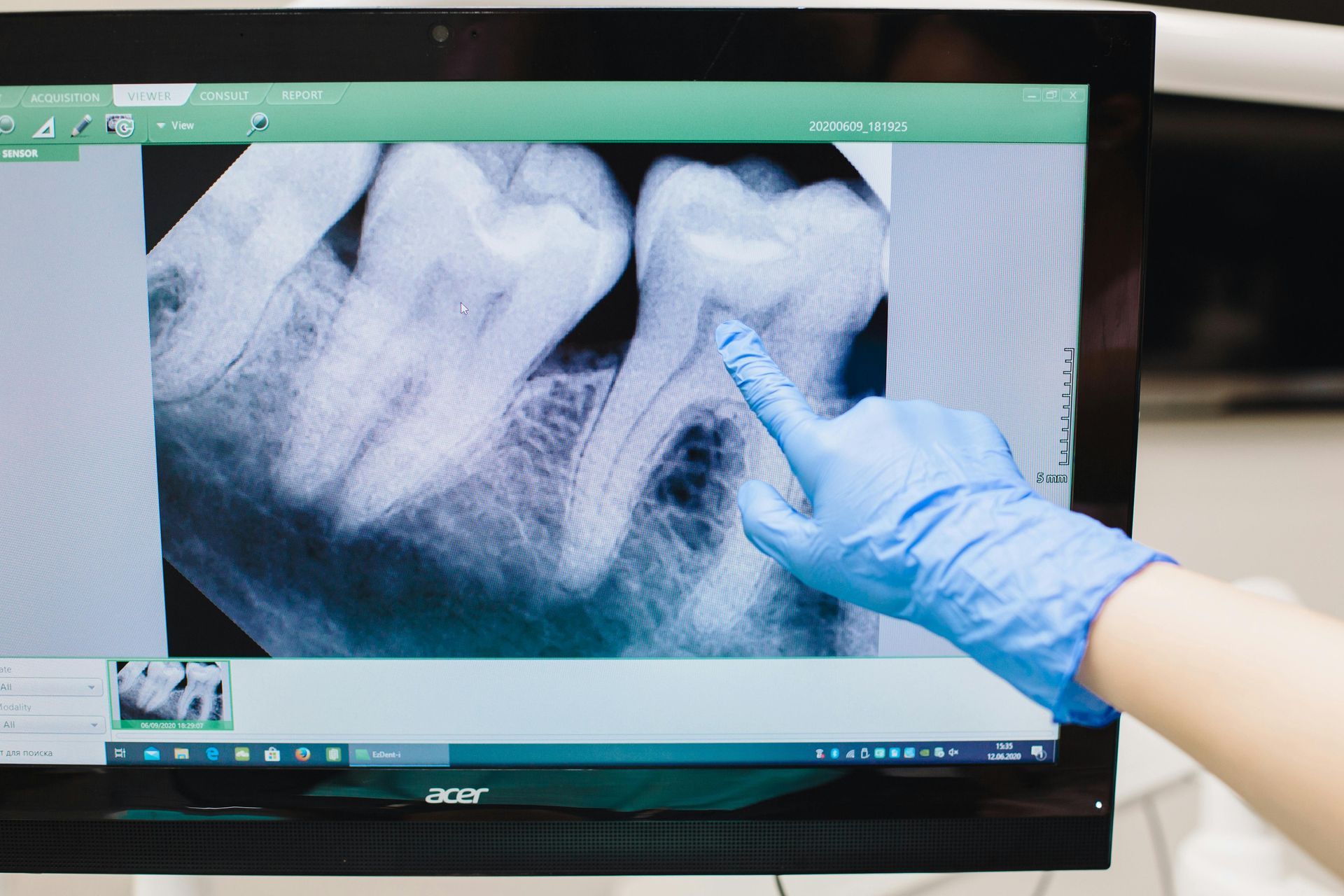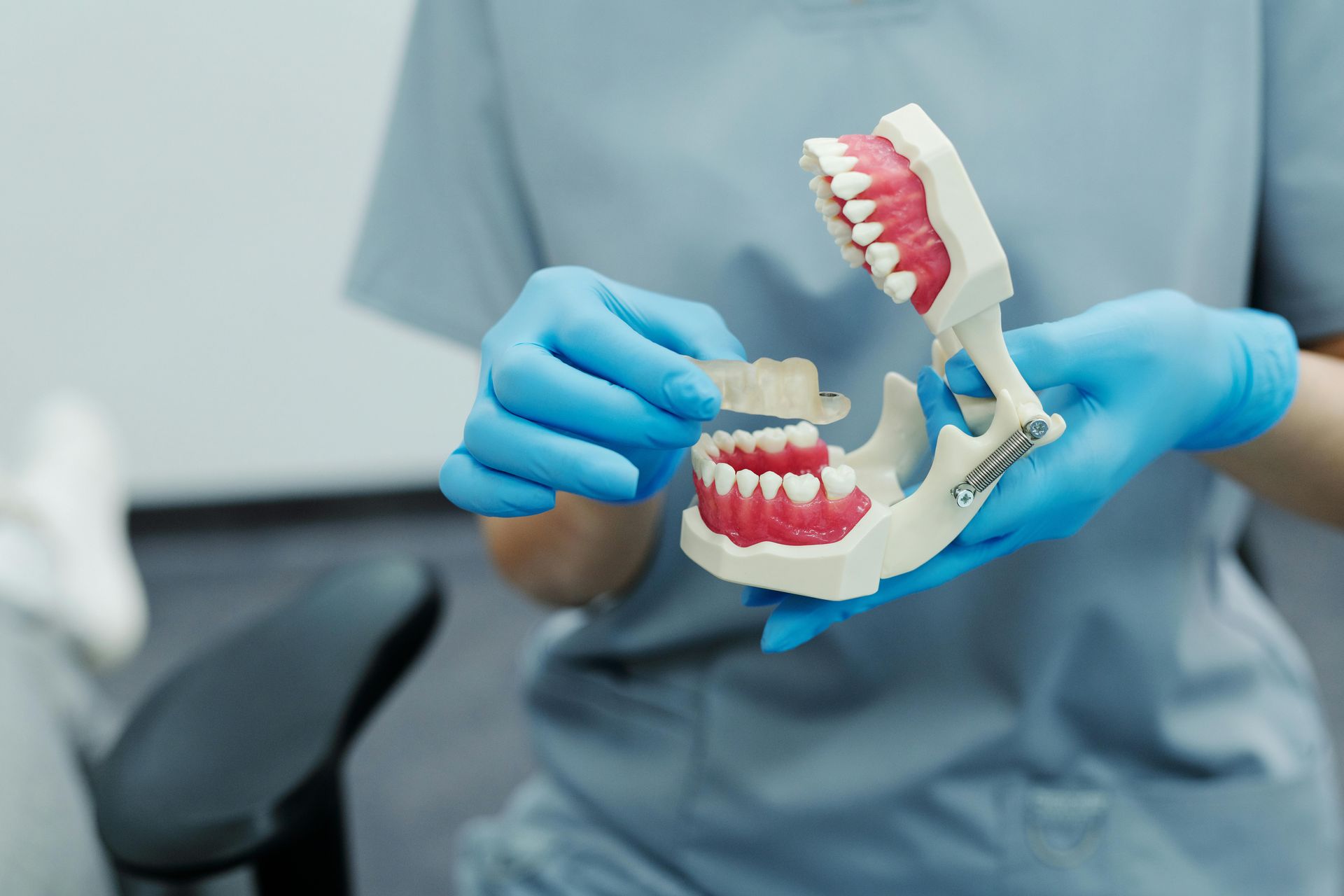Why Taking This Step Might Be Necessary
Best Family Dentistry in Charlotte, NC
If your dentist or hygienist has ever mentioned taking antibiotics before a dental cleaning, you may have wondered: Why? Is this really necessary? The short answer is that for most healthy individuals, pre-medication with antibiotics is not required. However, for people with certain health conditions—particularly involving the heart or recent joint replacements—this simple precaution can make a significant difference in preventing serious complications.
In this blog, we’ll walk you through everything you need to know about why antibiotics are sometimes recommended before dental procedures, who needs them, and what you can do to protect your health in and out of the dental chair.
The Basics: What Happens During a Dental Cleaning?
Professional dental cleaning is one of the most common and important preventive services provided by your dental team. During your cleaning, your hygienist removes plaque, tartar, and bacteria from your teeth and around your gums—especially in areas that are hard to reach at home. This process, particularly if there is inflammation or gum disease present, can cause your gums to bleed slightly.
Any time bleeding occurs in the mouth, even in small amounts, oral bacteria can enter your bloodstream. In healthy individuals, your immune system naturally takes care of these bacteria without issue. But for people with certain medical conditions, this small amount of bacteria can pose a much greater threat.
Who Needs Antibiotics Before a Dental Cleaning?
The American Dental Association (ADA) and the American Heart Association (AHA) have established guidelines for when antibiotics are appropriate before dental procedures. These guidelines help minimize the risk of a potentially serious infection called bacteremia—a condition where bacteria enter the bloodstream and may travel to other parts of the body.
Patients with Certain Heart Conditions -
Individuals with a history of certain heart issues are at increased risk for a rare but serious infection called infective endocarditis. This occurs when bacteria from the bloodstream attach to damaged areas of the heart, such as abnormal or artificial valves. While rare, this infection can be life-threatening.
You may need a pre-procedural antibiotic if you have:
- A prosthetic (artificial) heart valve
- A history of infective endocarditis
- Certain congenital heart conditions (especially unrepaired defects)
- A cardiac transplant that has developed valve issues
If any of these apply to you, your dentist will likely coordinate with your cardiologist to determine whether antibiotics are necessary before your dental visit.
Patients with Recent Joint Replacements -
For patients with recent hip, knee, or other joint replacements, the concern is different but still valid. The fear is that bacteria entering the bloodstream during dental work could settle around the new joint, causing an infection that could compromise its function.
Most orthopedic surgeons recommend antibiotics for the first two years following a joint replacement, though in some cases, they may suggest longer or even lifelong premedication depending on your health history.
The typical protocol is to take a single dose of antibiotics—usually amoxicillin—one hour before your dental appointment. This ensures your bloodstream has adequate protection at the time of treatment.
Why Does This Matter?
Although it might seem like a small step, taking antibiotics when medically necessary can help prevent:
- Heart infections like endocarditis
- Serious infections around joint replacements
- Hospitalization or additional surgeries
- Complications from weakened immune systems
When your mouth is inflamed due to gum disease or poor oral hygiene, the bacterial load increases, which makes it more likely for bacteria to enter the bloodstream. This is why maintaining good oral health is essential—not just for your teeth and gums, but for your overall wellness.
What About Other Dental Procedures?
The need for antibiotics doesn’t stop with cleanings. However, it does depend on the type of procedure and your unique risk factors.
Procedures That Might Require Premedication:
- Tooth extractions
- Deep cleanings (scaling and root planing)
- Gum surgery
- Implant placement
- Any procedure that is likely to cause significant bleeding
Procedures That Usually Don’t Require Premedication:
- Routine fillings
- X-rays
- Local anesthetic injections
- Adjusting orthodontic appliances
- Placement of removable prosthodontics (dentures)
Ultimately, the decision to prescribe antibiotics before a procedure should be made on a case-by-case basis with collaboration between your dentist and your physician or specialist.
Do Antibiotics Have Risks?
Yes, and that’s why they’re not prescribed lightly. While antibiotics are often safe, unnecessary use can lead to:
- Antibiotic resistance
- Upset stomach or diarrhea
- Allergic reactions (sometimes severe)
- Yeast infections
This is why it’s so important to follow evidence-based guidelines. If you don’t need antibiotics, your body is usually perfectly capable of managing the normal bacterial exposure that happens during dental care.
The Best Prevention: A Healthy Mouth
Whether or not you require premedication, the best thing you can do for your health is to maintain a clean and healthy mouth. Preventing inflammation and infection in the first place reduces the risk of bacteria entering your bloodstream.
Here’s what we recommend:
- Brush at least twice a day with a fluoride toothpaste
- Floss daily to remove plaque between teeth
- Use a Waterpik or oral irrigator if you have deep pockets or trouble flossing
- Avoid smoking and reduce sugar intake to lower gum disease risk
- Visit your dentist every 6 months for cleanings and checkups
- Let your dental team know about any changes in your health or medications
When your gums are healthy, they’re less likely to bleed during treatment, and your body is better equipped to defend itself against harmful bacteria.
Final Thoughts: Communication Is Key
The most important step you can take if you have a heart condition, recent surgery, or chronic illness is to keep your dental team informed. Tell us about:
- New diagnoses
- Surgeries or joint replacements
- Changes in medication
- Recommendations from your physician
With this information, we can take every precaution to keep you safe during your appointment. When necessary, we’ll coordinate directly with your physician to ensure we’re following the best protocol for your specific needs.
Have Questions? We’re Here to Help.
Your health is our top priority. If you’re not sure whether you need antibiotics before your next dental visit, give us a call. We’ll review your medical history, consult with your doctor if needed, and guide you through the safest approach for your care.
Let’s work together to keep your mouth—and your body—healthy.
Located At: 2135 Ayrsley Town Boulevard, Charlotte, North Carolina 28273, United States


